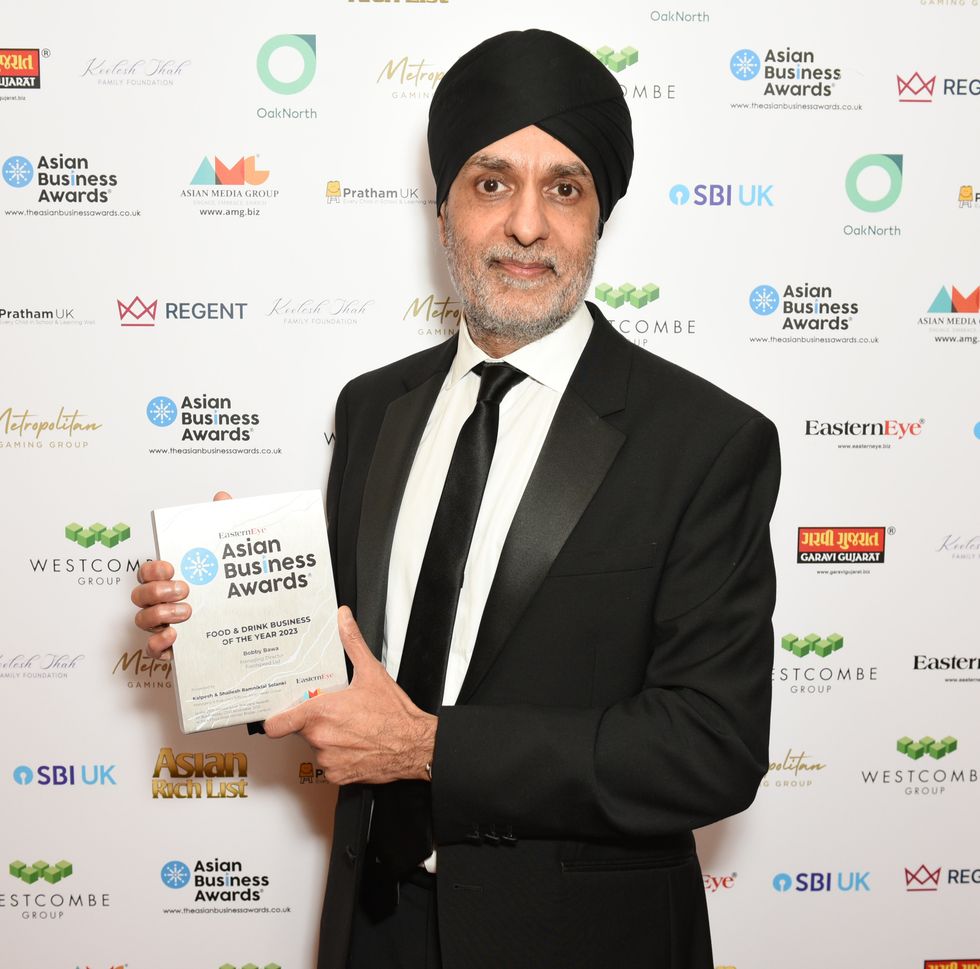AN effort to boost large-scale solar energy production in Pakistan has hit a roadblock after the government cut the rate it pays for solar electricity, frustrating investors.
Pakistan’s Punjab province government set up the 100-megawatt Quaid-e-Azam Solar Park in the Cholistan desert in March 2015 as a pilot project to lure foreign investment for an additional 900 megawatts of power.
Zonergy Limited, a Chinese-owned firm, then agreed to invest $1.5 billion to produce the power, with a promise to complete the work by June 2016.
But last December, Pakistan’s National Electric Power Regulatory Authority (NEPRA) reduced the amount the country pays to buy solar electricity from 14.5 cents to 9.25 cents per kilowatt-hour, citing falling costs for solar panels and other equipment.
The cut has prompted a lawsuit by Zonergy officials, who last month brought online just 200 megawatts of the promised 900 megawatts of power in Punjab’s Bahawalpur district, said Muhammad Amjad, chief executive officer of the solar park.
“Zonergy has gone into litigation over the reduction of the tariff and this is delaying completion of the project,” he said. “We are trying to resolve it as soon as possible.”
Zonergy officials in Pakistan could not be reached for comment.
Amjad said the tariff reduction was justified as the price of solar panels and other accessories needed to produce the power had declined significantly in the international market in the last year and a half.
Even after the reduction, Pakistan still offers one of the world’s most generous payments for solar power fed into a national grid, he said.
The solar park has been promoted as one of the largest in the world, spread over 6,500 acres (2,630 hectares) of land in the Cholistan desert in east-central Pakistan. It is located about 20 kilometres from the city of Bahawalpur, and a special security unit has been established for protection of its workers, along with a 22.5 kilometre (14 mile) security wall around the facility.
Muhammad Hassan Askari, the park’s operations manager, said the solar panels feed into the national grid for around 8-10 hours each day. There is no battery system to store energy for night-time distribution.
The original 100 megawatt plant, installed by the Punjab government from its own budget, produces about 150 gigawatt hours a year, he said, enough to light about 100,000 homes in the country.
“The Cholistan desert is one of the best locations in Pakistan for solar energy production,” he said, calling the project “financially viable”.
Askari said that over one million solar panels have been installed so far to produce the combined 300 megawatts of power, and they should help avoid about 280,000 tonnes of carbon dioxide each year.
Dust and sand are the greatest technical challenges to deal with at the solar plant, he said, with a permanent team of about 100 labourers hired to wash the panels each week.
“The solar park is offering green jobs to around 2,000 workers as they have been trained to install the solar panels and do other related work,” Ashkari said.
Pakistan faces a year-round electricity shortfall that hits around 7,000 megawatts in the summer, the period of peak demand. The country’s rural areas often suffer blackouts of more than 14 hours a day while urban areas can experience up to 10 hours a day without power.
Syed Zahir Salahuddin, a Karachi-based electrical energy expert, said that Pakistan’s electricity demand is increasing at 8-10 percent each year, and can be met only through a sustainable energy mix including solar power.
“Pakistan should introduce a uniform tariff policy instead of considering it on case-to-case basis, to encourage competition for private investment in renewable energy,” he said. Without private sector investment, solar energy projects will not take off in the country, he warned.
He called solar energy a viable power solution for off-grid areas of Pakistan as well as grid-connected ones, as it does not require the government to spend large amounts of money to install transmission lines.
About 44 percent of households in Pakistan are not connected to the grid. More than 80 percent of those are in rural areas, according to the World Bank.
Salahuddin suggested the government map all potential sites for solar power plants in the country and then seek investors, offering government financial support for things like transmission lines and land purchases.
Askari said he hoped differences between the government and investors over the Cholistan desert project could be resolved in order to drive further investment into solar energy in Pakistan.





 Bobby Bawa
Bobby Bawa













